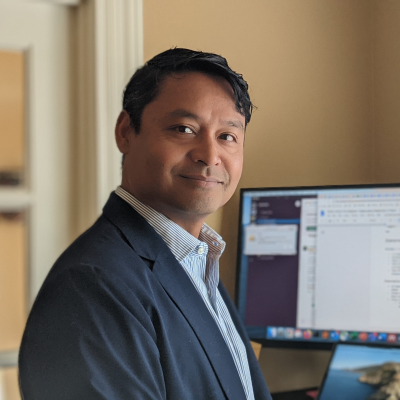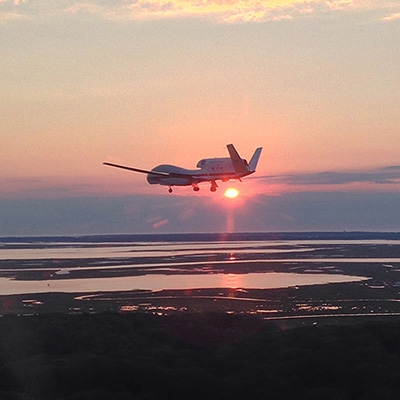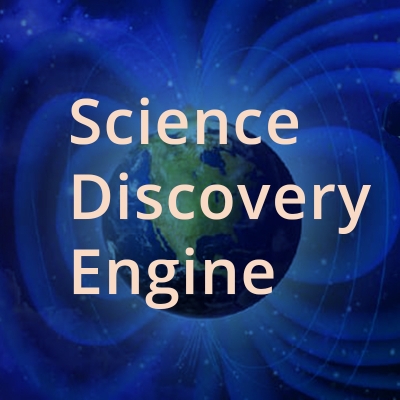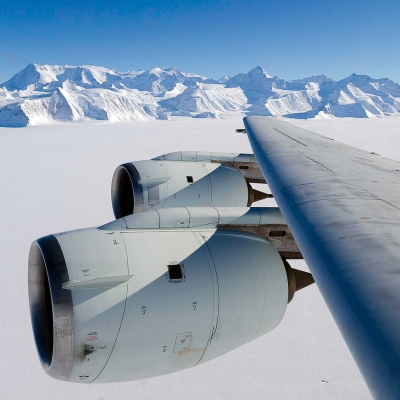IMPACT team member Dr. Stephanie Wingo will be chairing a session on advanced data stewardship for non-satellite Earth observations as part of the Conference on Environmental Information Processing Technologies at the American Meteorological Society Annual Meeting #AMS2023 in Denver. Tending the Treasure Trove: Advancing Stewardship for Non-Satellite Earth Observations is seeking your abstract submission. The submission deadline is August 24, 2022. Further details are at the link to the session below.

While satellite platforms enable critical operational, research, and discipline-bridging Earth observations, non-satellite platforms have also proven instrumental in each of these areas. In fact, many satellite-borne instruments begin development as ground- and aircraft-based analogs, and essential satellite calibration/validation work relies on observations collected by sensors on non-satellite platforms. Here, we use the terms non-satellite, or “suborbital” platforms to include anything not in space that is used for hosting instruments — this includes aircraft, ships/vessels, balloons, buoys, vehicles, and stationary sites. Data obtained from instruments on these platforms are typically used initially for a specific, relatively focused purpose, whether operational like weather forecasting and environmental monitoring, or for research in a variety of disciplines, including physical process studies, validation of satellite observations and algorithms, assessment of numerical model output, and more.
The heterogeneity of collections of non-satellite observations is as vast as the science applications they serve: including instrument and platform types, spatiotemporal resolutions, and data formats. This complexity creates significant challenges for the stewardship of these important data to ensure they are discoverable and usable by all. Agencies are addressing these challenges in different ways. Publicly funded agencies have a responsibility to ensure access to data for emerging science questions and applications perhaps not envisioned or even possible at the time of data collection.
Asked about the goals of the session, Stephanie replied:
"We were very excited to see the data theme for the AMS annual meeting and wanted to have a space to represent the work IMPACT, and specifically ADMG, and our community colleagues do in relation to the stewardship of NASA’s data. Appropriate care and service of Earth observations is and will continue to be a critical need to support truly open data and open science. The session focuses on non-satellite observations, which are unique in many ways and require novel solutions for data stewardship and support for a variety of data producer and data user communities."
In this session, contributions are welcomed covering all aspects of non-satellite data stewardship, including data discovery, access, metadata, archival, data formats and format transformations (physical to digital and more), care of historical data, transitioning to cloud optimization, open science, and data user perspectives on impediments to finding, accessing, and working with these observations. The goal of the session is to advance inner- and cross-agency discussions and practices to protect and enhance the scientific and economic returns on the investment made in collecting these unique and valuable observations.
Learn more about or submit an abstract to this session at the 2023 AMS Meeting website.



